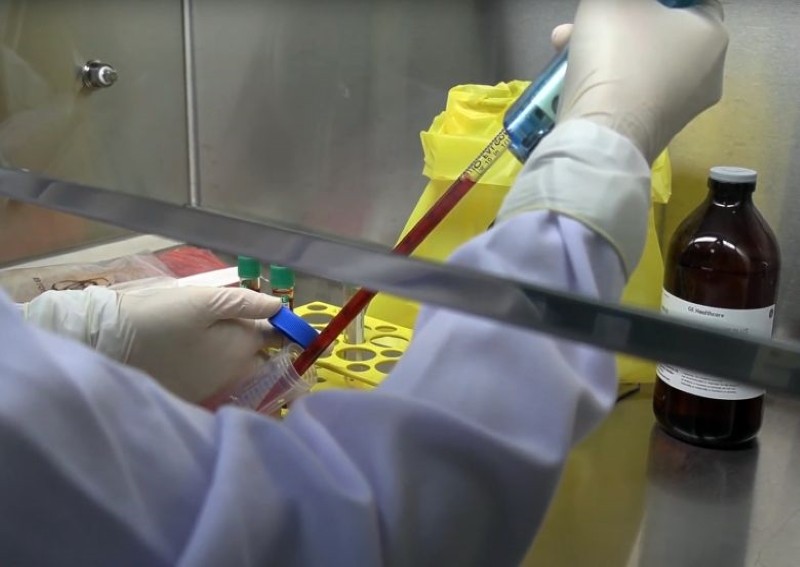Covid-19 breakthrough: Singapore researchers discover antibodies that can neutralise virus


SINGAPORE - The search for antibodies that can neutralise the coronavirus in a Covid-19 patient can be like looking for a needle in a haystack, but researchers in Singapore have prevailed.
They have found antibodies, a key element of the human immune system, that bind to four important sites of the coronavirus.
In binding to these sites, the antibodies prevent the virus from either hijacking a human cell, or replicating inside of it.
These findings by scientists from the National Centre for Infectious Diseases (NCID) and the Agency for Science, Technology and Research (A*Star) were announced at a virtual press conference on Friday morning (July 17).
Their discovery could pave the way for better diagnostics, to identify people who recover from the infection without symptoms, for example, or lead to improved treatment for patients.
It could also guide vaccine discovery, or validate the effectiveness of one, the researchers said.
Professor Leo Yee Sin, executive director of NCID, said Sars-CoV-2 - the coronavirus that causes Covid-19 - has challenged the international scientific community with numerous unsolved questions.
But the latest discovery by the Singapore team has shed light on a key unknown: The human body's defence mechanisms against viruses.
While the findings could pave the way for better treatments and the development of a vaccine, the researchers say a lot more work is needed.
For example, one big unknown is how long the antibodies would persist in a recovered patient.
The NCID will continue to monitor the antibody levels in recovered patients over two years to better determine this.
The latest discovery, published in two scientific journals - Nature Communications and The Lancet - centres around a specific type of antibody that can prevent the virus from hijacking a human cell in the first place, or prevent it from replicating inside a human cell.
These antibodies are collectively known as neutralising antibodies, and they are but one of thousands of immune system "soldiers" produced by the body during an infection.
This is because when an invading pathogen is detected, the body produces many different types of antibodies and cells to fight it. All of them play different roles in mounting a defence against the invader.
Neutralising antibodies are so called because they bind to specific, important sites of the virus, which prevents it from starting its invasion.
[[nid:493518]]
This includes, for example, sites on the surface of the virus that are used to lock onto a human cell, similar to the way a key fits into a lock.
The recruitment of antibodies to the specific sites on the virus disrupt their "shapes", and this prevents the virus from latching on to the human cell.
For the study, samples of blood, sputum or stool, among others, were taken from more than 100 recovering Covid-19 patients, the researchers said.
Scientists then analysed them in laboratories using special equipment and reagents to identify antibodies that "gather" at the four specific binding sites (known to the scientists as epitopes S14P5, S21P2, S20P2 and N4P5) on the virus, neutralising it.
Professor Lisa Ng, a senior principal investigator at A*Star's Singapore Immunology Network and member of the team which made the latest discoveries said the identification of these specific targets on the virus is a crucial advance in the development of better diagnostics and treatments for Covid-19.
"There is also potential to use these targets against similar coronaviruses to address other viral outbreaks," she added.
For the latest updates on the coronavirus, visit here.
This article was first published in The Straits Times. Permission required for reproduction.